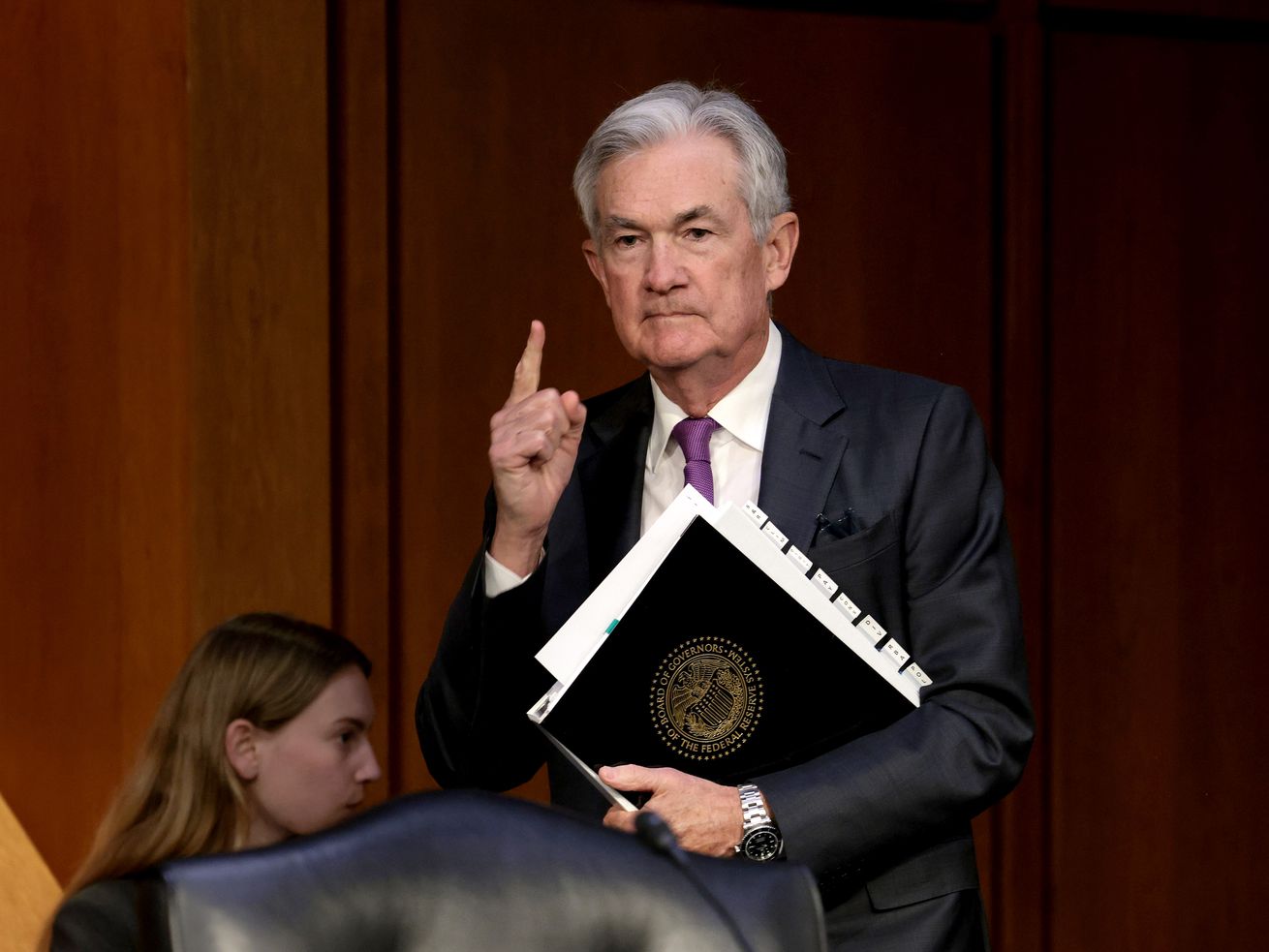
It announced a quarter-point increase to the interest rate this week, despite recent banking woes.
Wednesday, the Federal Reserve announced that it intends to raise interest rates by another quarter of a percentage point in its latest bid to curb inflation.
It’s a somewhat contentious move given the recent banking failures the US has experienced, and some economists fear that higher interest rates could further weaken the financial sector. Those in favor, however, argued the hike would show the banking sector is stable enough to handle higher rates. Additionally, the Fed has long been under pressure to do more to bring inflation down, and raising interest rates is one of the few tools at its disposal. In the last year, the Fed has steadily continued to raise interest rates — which are now between 4.75 and 5 percent — as it tries to target inflation.
“The Fed’s taking a chance with the banking system when they raise rates,” says Moody’s chief economist Mark Zandi. “It shows a willingness by the Fed to look beyond the crisis and keep its eye on inflation, and run the risk of the system hitting a wall.”
In recent months, inflation has slowed but remains high. Consumer prices, for instance, are still roughly 6 percent higher than they were at this point last year, and many experts had urged the Fed to hold off on another increase until the dust had settled on the instability in the banking sector.
“If I were them, I would have paused and looked around, and they can raise rates again at the next meeting,” says Zandi.
The quarter-point increase the Fed wound up making is smaller than earlier increases and less than the 0.5 percent increase originally expected before the bank failures. That’s likely a sign it is trying to balance concerns about banks with frustrations about the cost of living.
A higher interest rate could lower inflation. It could also slow the economy too much.
The Fed’s decision is ultimately trying to navigate a trade-off. By raising the interest rate, it could make inroads on inflation while potentially contributing to more challenges in the banking sector.
As Vox’s Emily Stewart explained, higher interest rates devalued Silicon Valley Bank’s bond holdings, putting it in a cash crunch that became a death spiral following a run on deposits. By raising rates further, the Fed could exacerbate this impact, making borrowing more expensive for banks in general and diluting the worth of their investments, including bonds. Both those factors combined could lead to banks having a shortage of capital, putting them in danger of meeting the same fate as SVB in the event of a bank run.
Additionally, such hikes could hasten the possibility of the country going into a recession. Higher interest rates are designed to reduce economic activity, including consumer spending and hiring. Contractions in bank lending could also reduce economic activity and add to a slowdown. Should spending, hiring, and lending fall too much, that’s a recipe for a recession.
“The Federal Reserve, this entire time that they’ve been raising rates, are prioritizing inflation and not economic expansion,” says Chris Campbell, the chief policy strategist at the Kroll Institute.
Campbell argues that it’s important for the Fed to focus on inflation so the country doesn’t end up in a long-term period of “stagflation,” as it did in the 1970s. Others, like Stony Brook economist Stephanie Kelton, however, feel that the Fed has already gone too far in its hikes and that inflation has been trending in the right direction. Other factors, such as the enduring strength of consumer spending and lower unemployment numbers in spite of higher interest rates, may have also affected the Fed’s decision since they suggest that the economy could absorb higher rates.
Still, Kelton notes that there could be more fallout from the banking sector that hasn’t yet occurred and that these interest rate increases don’t take that into account.
“There’s a high degree of uncertainty to the extent that there are things lurking in the darkness that haven’t revealed themselves yet,” she said.
